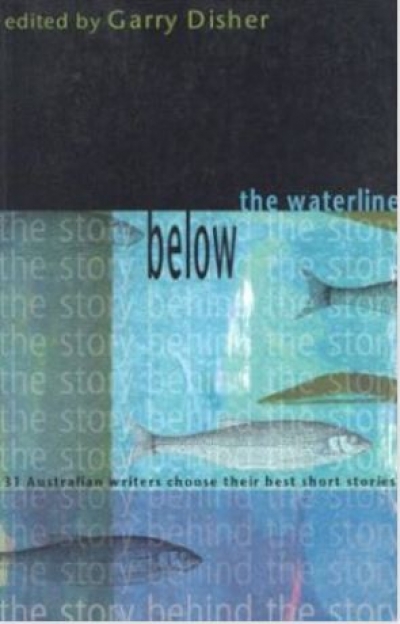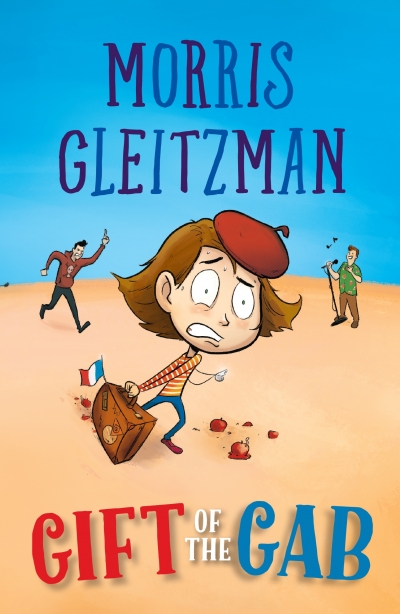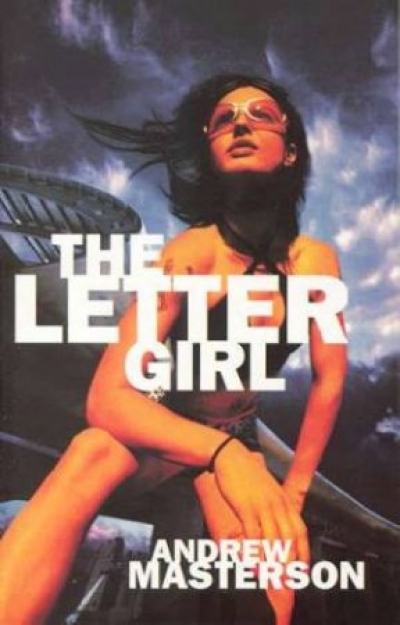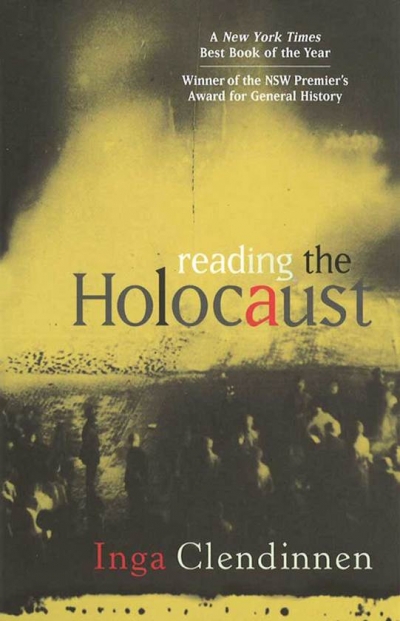Archive
The Holocaust is a subject which numbs the mind and petrifies the soul. This is the point at which Inga Clendinnen starts her remarkable set of essays about it. The Holocaust is a Gorgon and the only way to destroy it, Perseus-like, is to hold it’s image on the screen of the shield and stare back. The historian of The Aztecs, this remarkable woman who has always attended to the inflections of human pain, says at the outset that extreme suffering should be paid attention. She has lived in interesting times without partaking of the horror and this is her amends. This remarkable exercise in metahistory, this sustained meditation about the nature of historiography – an essay in which criticism and representation keep coming together and breaking apart – began with Clendinnen’s sense of the inadequacy of her own response to the Demidenko controversy and it ends, not inappropriately, with a discussion of the relative claims of literature and historical writing in the face of the Holocaust Medusa.
... (read more)









